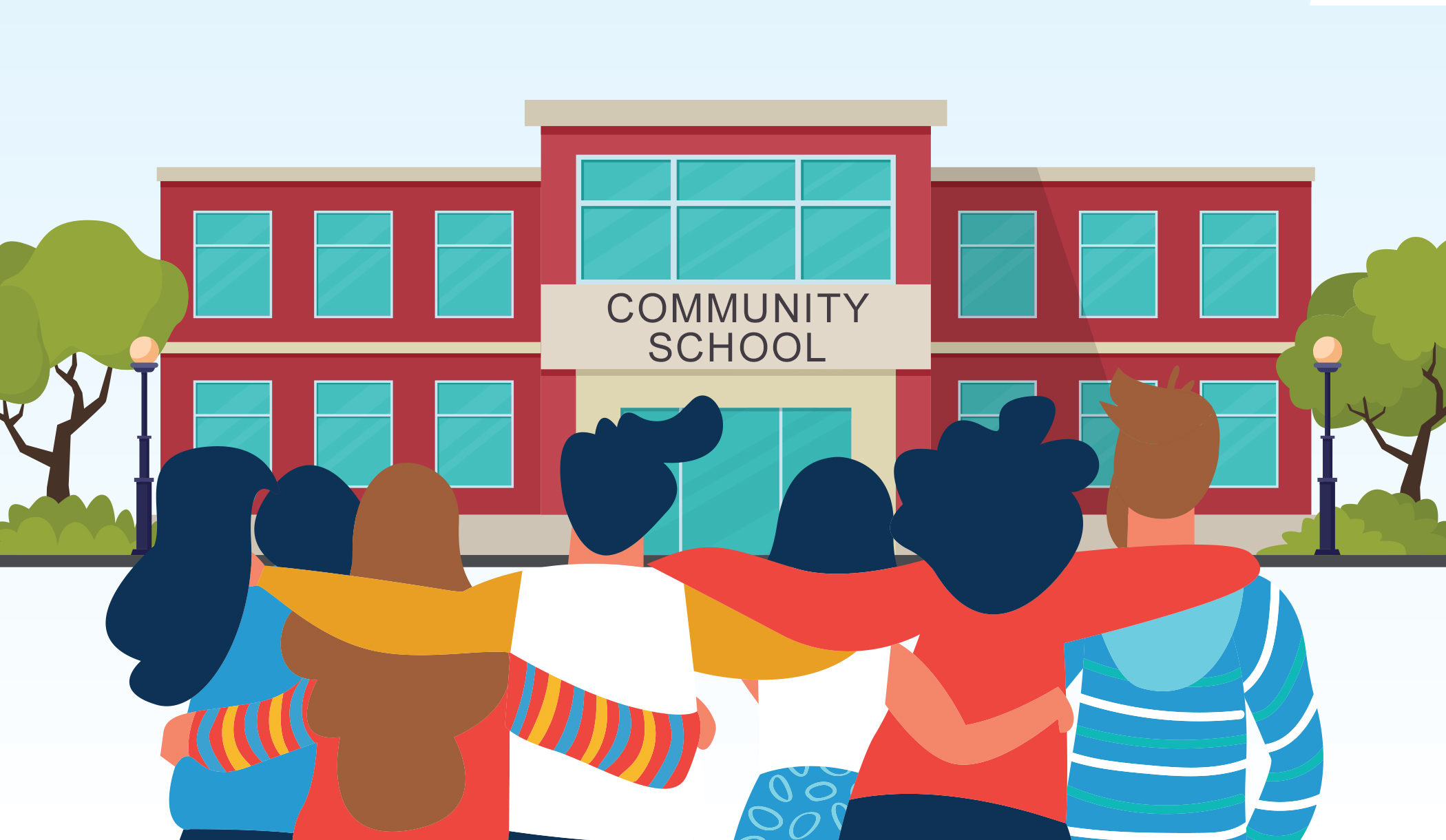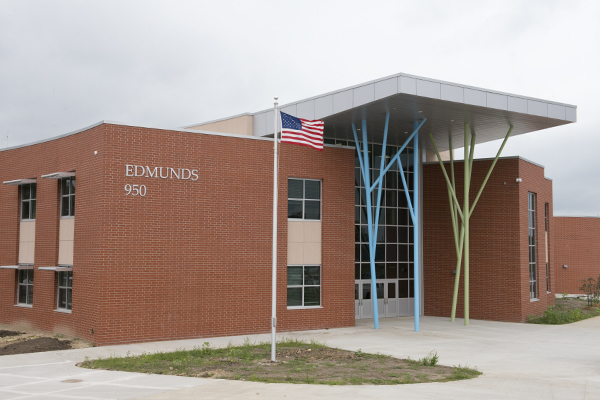Cutting-edge Solutions to Save Temecula Schools from Budget Cuts
Cutting-edge Solutions to Save Temecula Schools from Budget Cuts
Blog Article
Understanding the Importance of Colleges in Kid Development and Area Development
Schools offer as crucial establishments for youngster growth and neighborhood development, providing environments where scholastic accomplishments are matched by the cultivation of social abilities and direct exposure to diverse perspectives. These educational setups not only promote important thinking and effective interaction however likewise foster empathy with collective tasks. In addition, colleges' engagement with local neighborhoods via service-learning efforts enhances the bond in between family members and schools. This symbiotic relationship highlights the value of schools in supporting energetic citizenship and long-lasting discovering habits. What are the specific mechanisms by which these establishments attain such extensive impacts?
Academic Success
Academic success acts as a cornerstone of kid advancement, offering the foundation whereupon future knowing and success are constructed. Colleges play a pivotal function in cultivating this academic development, supplying structured environments where kids can acquire crucial expertise and cognitive skills. Standardized educational program make sure that students gain efficiency in core subjects such as maths, scientific research, and language arts, which are important for both greater education and learning and expert chances.
Along with giving basic scholastic abilities, institutions likewise grow important thinking, analytic capabilities, and intellectual interest. These cognitive expertises are crucial for navigating intricate real-world situations and adjusting to the ever-evolving needs of the contemporary work environment. Teachers, as facilitators of knowing, utilize varied pedagogical approaches to deal with different understanding styles, thereby optimizing individual pupil potential.
Furthermore, scholastic success is carefully connected to self-esteem and inspiration. Children who experience scholastic accomplishments are more most likely to create a positive self-concept and a long-lasting enthusiasm for discovering. Institutions additionally provide numerous resources, such as collections and modern technology, which additionally improve the instructional experience and prepare students for a technically advanced society.
Social Skill Development
Beyond scholastic success, the role of colleges in social skill growth is crucial. Schools serve as a key venue for kids to learn and exercise essential social abilities such as participation, conflict, and interaction resolution. In the structured setting of a class, pupils communicate with peers, educators, and various other school staff, using many possibilities to establish these vital abilities.
Reliable social skill development in schools is facilitated with group tasks, collaborative projects, and extracurricular programs. These interactions help students comprehend social standards, build empathy, and foster a feeling of area. Team projects show trainees just how to function with each other towards an usual objective, listen to various point of views, and browse disputes constructively.

The cultivation of social abilities during institution years lays a structure for future individual and expert connections. Save Temecula Schools. As trainees develop, the capacity to successfully interact and collaborate comes to be increasingly important, highlighting the school's critical function in alternative youngster growth
Exposure to Variety
Direct exposure to diversity in colleges is basic to fostering a comprehensive frame of mind and broadening trainees' viewpoints. Schools work as a microcosm of the wider culture, and encountering diverse cultures, languages, and socioeconomic histories within this atmosphere furnishes trainees with vital abilities for browsing a progressively globalized globe. This my explanation exposure motivates compassion, reduces prejudices, and promotes mutual respect amongst peers.
Diverse classrooms likewise enhance cognitive and social advancement. Research shows that trainees that interact with peers from different backgrounds show far better analytic skills and creative thinking. They find out to value different perspectives, which improves classroom discussions and promotes an extra vibrant knowing experience. Additionally, this understanding of variety prepares students for future workplaces that value modern skills.

Community Engagement
The benefits of varied class expand past the college walls, fostering a solid sense of community involvement amongst students. By communicating with peers from various cultural, socioeconomic, and ethnic backgrounds, students obtain a broader viewpoint and a gratitude for diversity. This direct exposure motivates them to become energetic citizens who are eager to contribute favorably to their areas.
Institutions that stress area interaction often incorporate service-learning jobs, which permit trainees to deal with real-world issues while applying academic abilities. These tasks not just improve pupils' understanding of their coursework yet likewise impart a feeling of duty and compassion. In addition, partnerships in between schools and local organizations provide pupils with chances to take part in neighborhood events, additionally strengthening their duty as proactive neighborhood participants.
In addition, adult and community participation in schools strengthens the bond between universities and the areas they offer. When institutions open their doors to area events, workshops, and volunteer possibilities, they develop a collaborative setting that profits all stakeholders. This common assistance system makes certain that pupils receive all natural growth, preparing them to end up being well-shaped individuals who contribute and value to their areas. Through these initiatives, institutions play a critical duty in nurturing neighborhood anchor involvement and cultivating social development.
Lifelong Learning Practices
Developing lifelong learning practices is vital for a child's continuous growth and flexibility in an ever-changing world. Institutions play a crucial role in instilling these practices by creating an atmosphere that fosters curiosity, critical thinking, and a love for understanding. Via varied educational programs and after-school activities, teachers encourage pupils to check out various topics, analyze details seriously, and apply their finding out to real-world situations.

Additionally, colleges provide a structured setting where children can create self-discipline and time monitoring abilities, both of which are essential for continual understanding. By highlighting the importance of setting goals, mirroring on progress, and adapting methods, schools prepare students to browse the complexities of adult learn this here now life, ensuring they continue to be long-lasting learners and contributors to culture.
Verdict
Finally, schools are essential in fostering child development and neighborhood development by providing environments for academic achievement, social ability growth, and direct exposure to diversity. Through collective tasks and interactions, institutions enhance crucial thinking, empathy, and interaction skills. Neighborhood interaction initiatives better strengthen the bond between instructional organizations and neighborhood communities. Eventually, schools cultivate long-lasting understanding routines, equipping people with the needed knowledge and abilities to add favorably to society.
In the organized atmosphere of a classroom, pupils communicate with peers, instructors, and various other institution team, supplying numerous chances to establish these essential capacities.
In essence, direct exposure to variety within colleges not only enhances individual students yet also enhances the social textile of the neighborhood as a whole.
The benefits of diverse classrooms prolong past the college walls, cultivating a strong feeling of area interaction amongst students.Colleges that stress community engagement typically include service-learning tasks, which enable pupils to resolve real-world problems while applying scholastic skills. Collaborations between colleges and neighborhood organizations give pupils with opportunities to get involved in neighborhood occasions, better strengthening their role as proactive area members.
Report this page